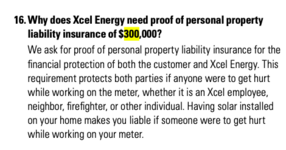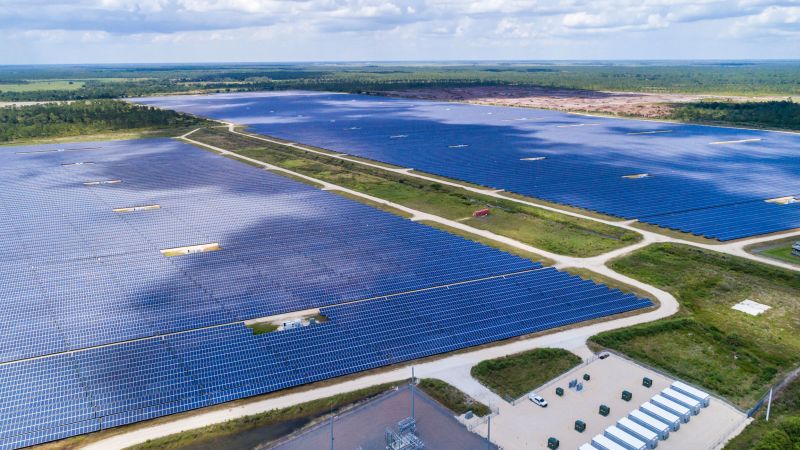J.R.
Erstwhile
- Region
- USA
I have been doing research for a test ride, so to speak. I've looked into smaller solar systems for an out building, small cottage or cabin. Probably doable. As a whole house or community solution, I'm not convinced we are there yet.
Even from a supportive media there are so many accounts of roofs being destroyed and houses damaged. Local news "on your side" segments are all over YouTube, blogs and forums. Then there is the issue of roof replacement. Most companies offer one removal and reinstall, but owners sometimes find the company out of business. Homeowners insurance rates are increasing at an alarming rate. This is due to roof damage/leaks and fires from batteries. I saw one local news report where a solar panel on the roof caught fire. I never knew that was possible. This was not some DIY project on a shack in the woods.
Several state legislatures are allowing utilities to charge for service even if you don't use any grid power. Called a minimum charge to maintain the grid. I was also surprised to find that not all utilities will buy excess power generated by private solar and wind systems, called net metering.
I'm not against solar, I want it to work. I'm just posting a fraction of what I've learned. The pros are obvious, I need to know the pros and cons. I hope everyone does their due diligence and goes into this eyes wide open. I'm still researching and learning.
Even from a supportive media there are so many accounts of roofs being destroyed and houses damaged. Local news "on your side" segments are all over YouTube, blogs and forums. Then there is the issue of roof replacement. Most companies offer one removal and reinstall, but owners sometimes find the company out of business. Homeowners insurance rates are increasing at an alarming rate. This is due to roof damage/leaks and fires from batteries. I saw one local news report where a solar panel on the roof caught fire. I never knew that was possible. This was not some DIY project on a shack in the woods.
Several state legislatures are allowing utilities to charge for service even if you don't use any grid power. Called a minimum charge to maintain the grid. I was also surprised to find that not all utilities will buy excess power generated by private solar and wind systems, called net metering.
I'm not against solar, I want it to work. I'm just posting a fraction of what I've learned. The pros are obvious, I need to know the pros and cons. I hope everyone does their due diligence and goes into this eyes wide open. I'm still researching and learning.

